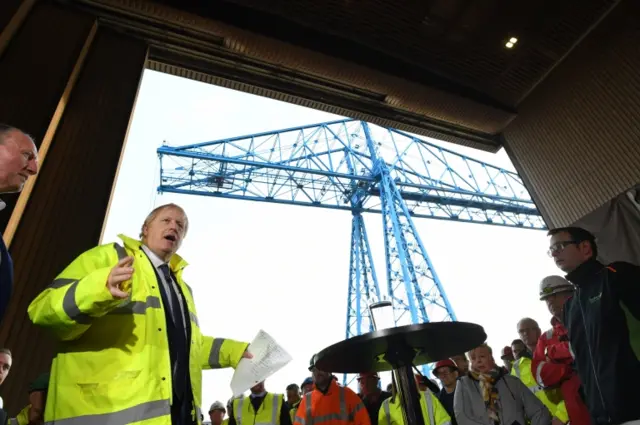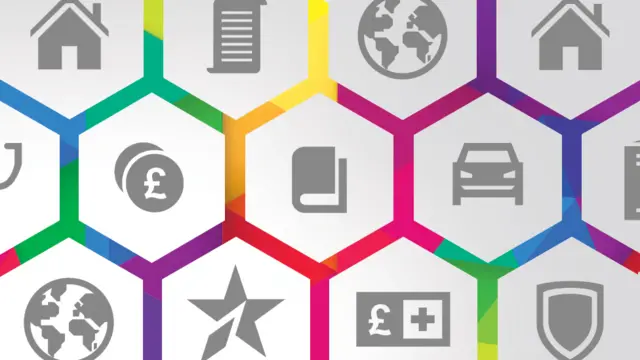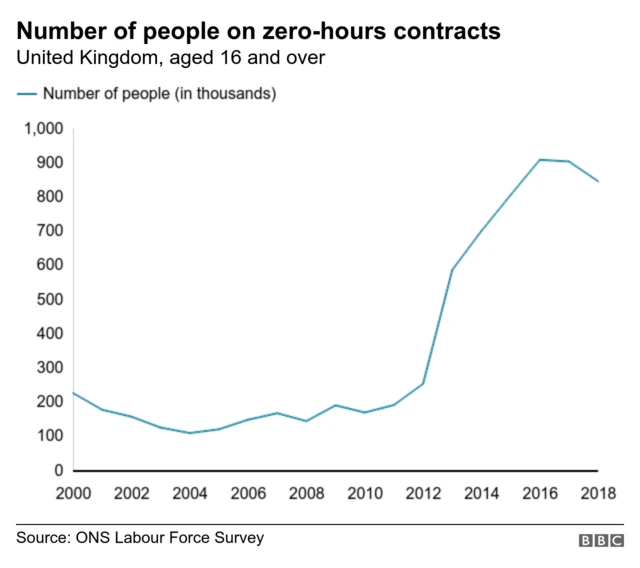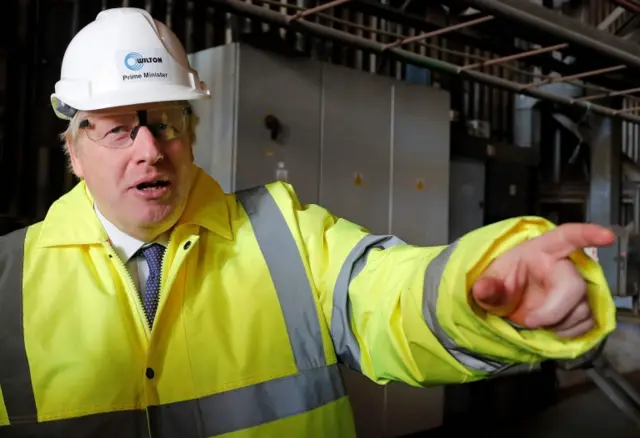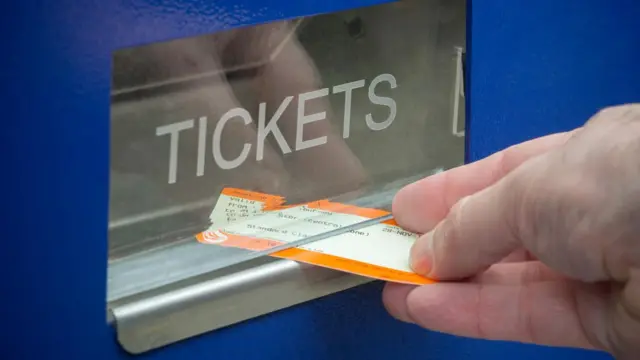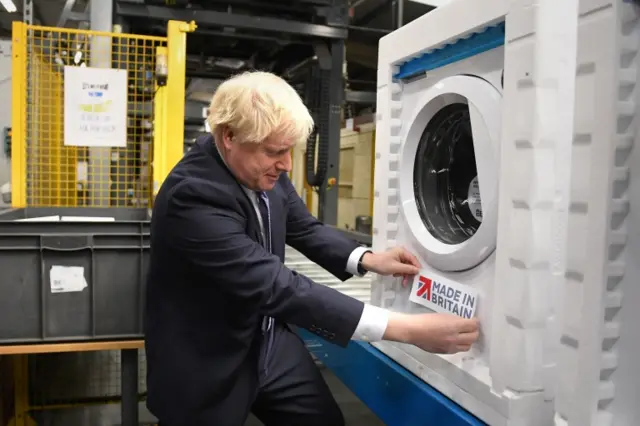National Insurance pledge: How much could workers save?published at 14:35 GMT 20 November 2019
Peter Barnes
BBC political analyst
The threshold for NI payment is currently £8,628 - i.e. you have to pay it once you earn more than that figure. The rate is then 12% on all earnings over the threshold.
My calculation is that raising the threshold to £12,500 - as Boris Johnson pledged during the Conservative leadership contest - would save people earning more than that £465 a year.
Raising it to £9,500 - the amount we're hearing it could be raised to initially - would mean a much less impressive £73.
There’s also an issue that people in receipt of universal credit may not get the full amount if their benefit payments are cut as a result.


